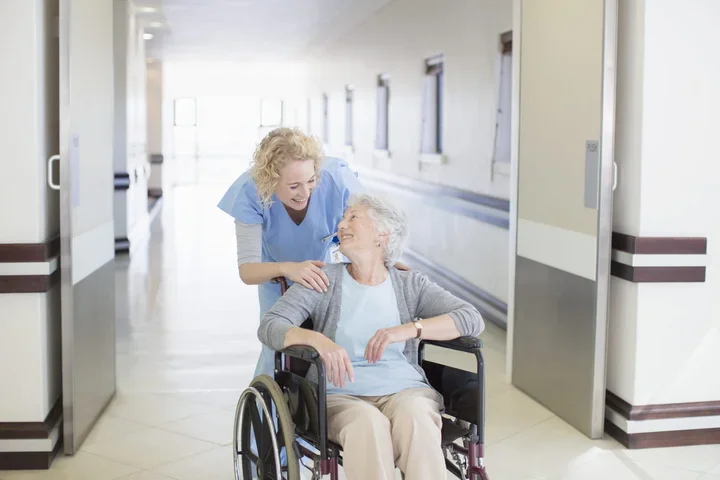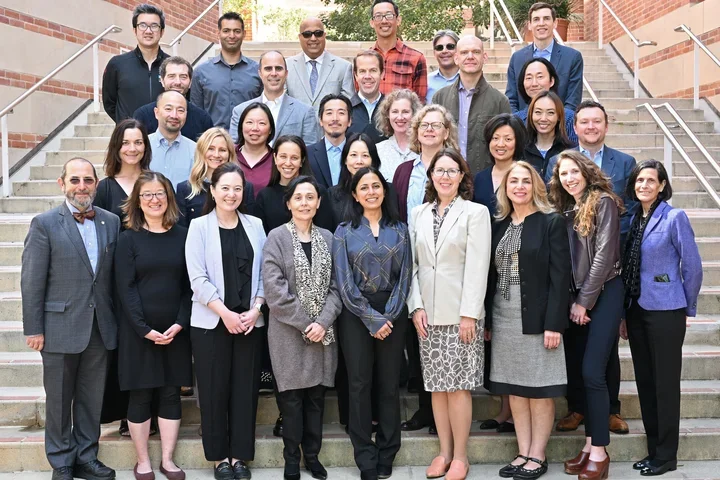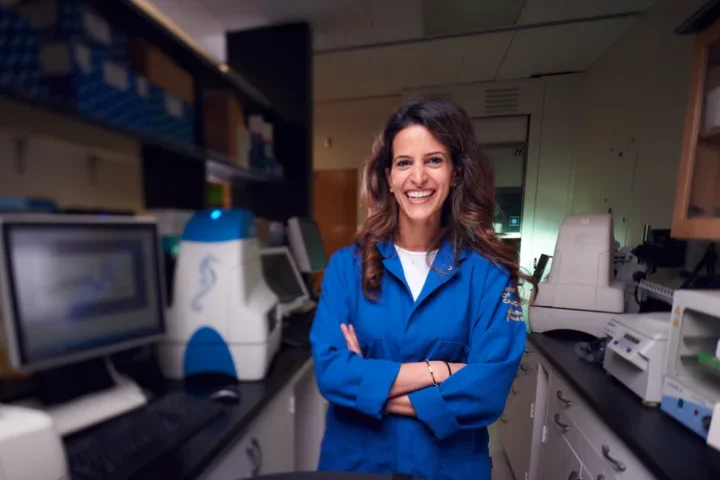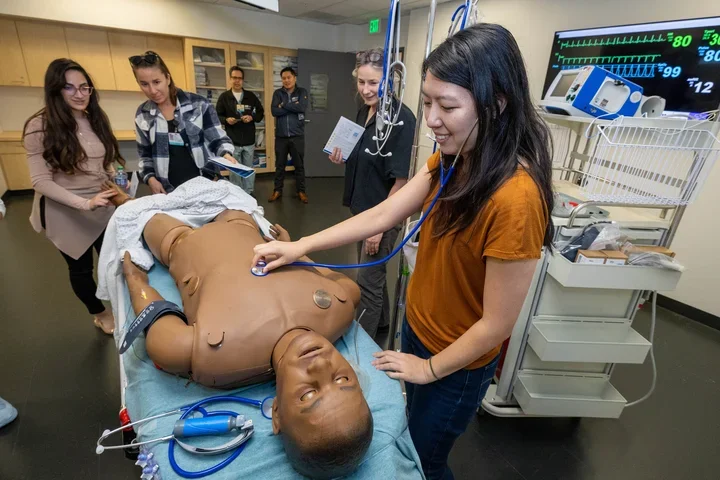What Does an OBGYN Do?
A UCLA Doctor Explains

A Day in the Life of Dr. Kyle Bukowski, an OBGYN Resident
It's hard to describe a "typical" day in the life on an obstetrician/gynecologist (OBGYN) physician.
Tasks vary depending on whether you're in the operating room or the clinic and whether you're part of the labor-and-delivery team or seeing emergency room consultations. Fortunately, Dr. Kyle Bukowski, a graduate of the David Geffen School of Medicine at UCLA Class of 2013, was gracious enough to summarize a day in his life as an OBGYN resident.
The new professional provides rich insight into his reasons for choosing the specialty.
A Little Bit of Everything
According to Dr. Bukowski, this is an ideal specialty for anyone who finds real enjoyment in the clinical setting and operating room alike. "I liked everything, and luckily OBGYN offers a little bit of everything," he explains. "You get primary care, continuity of care, patients from all ages, acute care with obstetrics , surgical care with gynecology and lots of opportunities for research and policy work. I love the broadness but still being an expert in women's health."
No Two Days Are Alike
Work in this specialty is best described on a day-to-day basis. Dr. Bukowski explained that, as a second-year resident in the UCLA OBGYN program — which was recently rated among the 10 best in the western United States — his activities in the hospital would depend on whether he was on OB or GYN for that day. Whereas any particular day in GYN might start with rounds at 6 am and ultimately fill up with surgeries, from minor hysteroscopic procedures to major abdominal oncological surgeries, a day in OB would have a focus on working with women in labor or providing postpartum services to others who have given birth.
OBGYN physicians also see patients in a clinic setting as well; these visits can range from routine annual gynecological exams to high-risk-care obstetrics appointments.
In framing advice to give anyone wondering if OBGYN is the right fit, Dr. Bukowski points to the fact that much of the specialty is spent in an OR setting: "You have to like the OR, since the residency is inherently a surgical specialty and you will spend a lot of time in the OR. Be prepared for a lot of time in the hospital," he says. "Do your research, shadow as much as you can, talk to lots of people in the specialty so you can get a feel for what it is actually like and what makes them happy or stressed."



